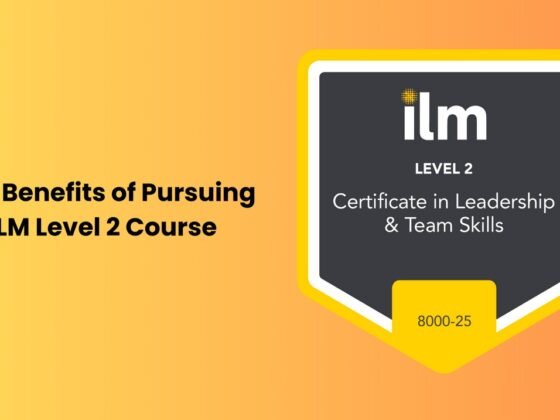Table of Contents Show
Investing in a vacation rental property can be a profitable venture for any real estate investor.
Despite the global pandemic, the vacation rental industry is more resilient than one might think.
The industry is slowly seeing a steady year-on-year growth that will continue to increase over the next few years.

Other than that, here are some of the benefits of buying a vocational rental property:
- Generate passive income. A vacation rental property allows you to generate passive income, which could be put towards a mortgage, insurance maintenance, renovation, and property taxes.
- Take on less risk. It’s best to choose a property that works for both short-term and traditional rentals to lower the risks involved. For example, if your short-term rental generates low revenue or negative cash flow, you can try switching to a long-term rental.
- Build value. Unlike most assets, a real estate’s value appreciates over time. This means that if you decide to sell your rental, you can sell it at a higher price. You can even make more money by making improvements to increase the market value of your home.
- Eligible for tax deductions. You can also enjoy tax deductions like any other investment property. These deductions apply to utilities, property tax, mortgage payments, and other expenses incurred in your rental.
While these benefits seem great, one of the major drawbacks of owning a vacation rental is financing the purchase or renovations.
Aspiring property owners either aren’t liquid enough to purchase a property or don’t know their financing options.
With that said, here are some of the ways you can finance your vacation rental:
1. Seller Financing
Seller financing is when a person selling the property finances the purchase instead of a bank providing a mortgage to a buyer.
This can be an excellent option for people who have a low credit score, but both parties should hire professional mitigators to avoid risks.
Read Also:
2. Conventional and Alternative Vacation Rental Financing
Another way to finance your vacation rental is to apply for a second mortgage from credit unions and banks.
The same process applies when purchasing your primary residence. Lenders often ask you to pay an upfront down payment and followed by a payment plan that could stretch out for 15 to 30 years.
Interest rates for these loans will either be fixed or adjustable.
Alternative business financing is also available to people who plan to turn their vacation property into a rental.
You can apply for a small business loan through online lenders. They offer several types of loans to finance real estate purchases, including business term loans, SBA loans, and more.
3. Cash-Out Refinance
If you’ve built enough equity in your primary residence, you can try cash-out refinance for financing a vacation home or rental.
Let’s say you owe $100,000 on a mortgage, but your property value appreciated over the years, and it’s now valued at $200,000.
You can take advantage of the equity by refinancing a larger mortgage and taking the difference in cash.
Borrowers with good credit ratings can qualify for up to 80% of your property’s value with a conforming loan.
4. Home Equity Lines of Credit (HELOC)
HELOC is another option for borrowers with enough equity in their primary home. You can use the money you get from a HELOC to pay for the purchase or down payment of your vacation rental.
This means you won’t have to refinance your current mortgage to pay for your property, so your current one remains as is while you add a new mortgage with different rates and terms.
In some cases, when a borrower has an excellent credit score, they can tap into 100% of their property’s value with a HELOC.
They can choose between a home equity line with fixed or variable rates. A HELOC with fixed rates is usually more expensive, but it offers better stability for the borrower.
5. Mortgages
This is the most common financing option when purchasing a real estate property is through mortgages.
A mortgage allows you to buy real estate and pay off the loan over a specified period.
The amount you get depends on the value of the property, which also secures the loan.
When considering a mortgage for short-term rentals, be sure to look for lenders or banks willing to finance one.
Shop around and compare your options; get as many offers as possible and negotiate the interest rates. Go for a loan and a lender that can cater to your needs and preferences.
The Takeaway
Buying a vacation property and turning it into a rental business can be a profitable venture.
Financing is readily available and securing your first (or fifth!) vacation rental simply involves understanding your options and knowing what you need so you feel confident throughout the process.










